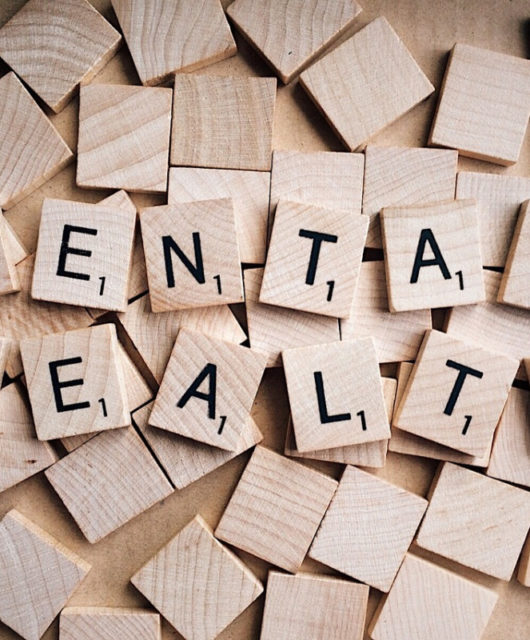5 Physical Security Tips to Protect Your Small Business

In today’s day and age, digital threats and data breaches have become so commonplace that most businesses spend all their energy and resources thinking about cyber security. And while cyber security is certainly important, physical security matters as well.
Enhance Your Physical Security With These 5 Tips
Are you familiar with Maslow’s Hierarchy of Needs? It’s a simple pyramid that discusses and prioritizes the five categories of human needs. It begins with physiological needs – which include basic necessities like air, water, food, shelter, and sleep – and extends all the way up to “self-actualization” – which is the desire to become the most that one can be. The second category in the hierarchy of human needs is “safety.”
Safety and security are essential components of healthy living. And if you were to develop a hierarchy of needs for business, you’d find they’re just as integral to the health and vitality of your organization. Without security, the upper echelons of the pyramid – which include marketing, sales, branding, customer experiences, and human resources – would fall apart.
As previously mentioned, most modern businesses understand the significance and need for cyber security, yet few give physical security the attention it deserves. If you want to give your business a firm foundation on which it can scale, you’ll need to start prioritizing both types of security.
Here are a few ways you can get started with the physical variety:
- Install Surveillance Cameras
It used to be rather expensive to install surveillance cameras and have them monitored. You needed to hardwire the cameras, purchase recording devices with lots of storage, and then manually monitor them to identify suspicious behavior.
Today, surveillance cameras are much simpler and more cost-effective. Many are wireless and have the ability to send footage to the cloud where it can be archived and automatically monitored for activity.
- Require Photo ID Badges
Nobody should be allowed onto business property without having a credential. While this matters more for big businesses with hundreds of employees, it’s a good habit to begin developing when your organization is small.
The best policy is to require photo ID badges. These credentials are easy to spot and allow you to quickly identify anyone who isn’t supposed to be on the property. They’re also extremely cost-effective to produce and can be printed rather quickly when new employees are brought on board.
- Create Layered Security
Multi-layered security is the best way to protect your company. It requires a perpetrator to break through multiple defense mechanisms in order to compromise the integrity of your business.
With a layered security strategy, you place your most important assets in the center. This may include cash, control rooms, senior executives, or proprietary documents. You then surround these assets with a variety of security mechanisms that are increasingly difficult to get past.
- Limit Access to Confidential Assets
When it comes to confidential assets, the best rule of thumb is to limit access to only those individuals that need the assets in order to perform key job-related tasks. A well-developed access control strategy can go a long way towards keeping the business safe.
“An access control system eliminates the need for keys – and more importantly, the potential security threat when keys are lost,” explains City Wide, a leading building management company.
In addition to keeping unauthorized individuals away from important assets, it also makes it easier to deal with employee turnover.
“When employees terminate their employment, an access control system makes it easy to change the database to remove entry access,” City Wide points out. “You’ll no longer need to change locks or give out a new entry code to employees.”
- Train Employees to Spot Risky Behavior
Finally, make sure your employees are vigilant. Train them to spot behavior that deviates from the norm and give individuals the autonomy to step up and take action.
Secure Your Business
Before you do anything else, you need to make sure your business is secure. Cyber security is certainly important, but so is physical security. Hopefully, the information provided in this article gives you an idea of where you can start. If nothing else, it should get your wheels turning. Don’t delay!









